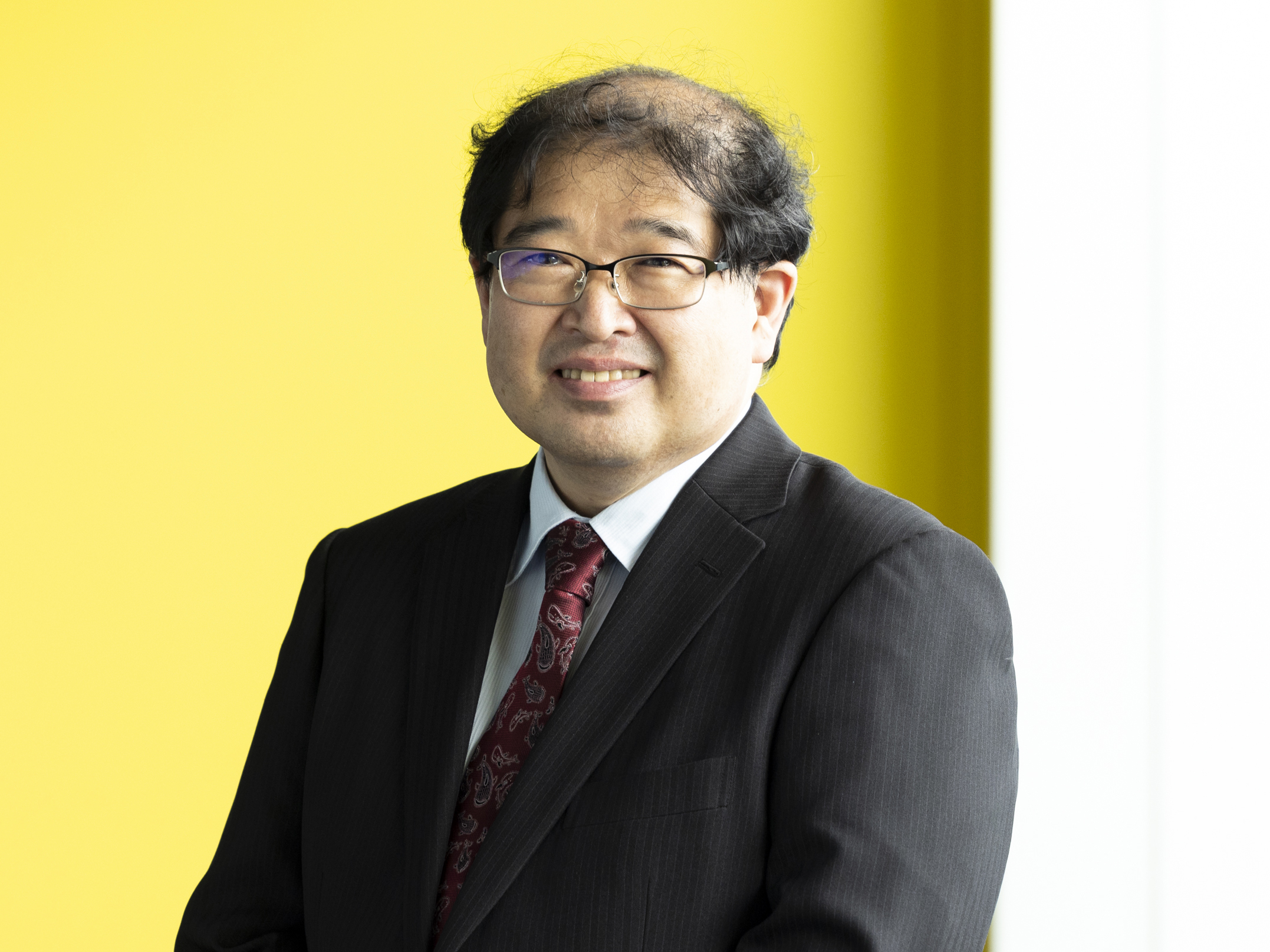Basic research into the biological clock has made dramatic progress lately, and applied research based on this new aspect is moving ahead. This institute aims to realize smart life by developing and evaluating a verification program for a more comfortable and healthy life, with basic research using human and model organisms.

The circadian clock, the biological clock that oscillates in approximately a 24-hour cycle, exists in most living organisms including human beings, and it controls rhythms of sleep and wakefulness. People live within society according to a variety of cycles and time constraints, and in order to live in a healthy manner within society, it is important to correctly synchronize the internal circadian clock with external schedules. However, shift work or time lag due to overseas travel can make it impossible to synchronize internal biological and physiological rhythms with society. In recent years, even under normal living environments, the lighting environment before going to bed can interfere with the circadian clock and derail the internal clock. This phenomena has received more recognition recently, and is called the blue light problem. With this background, research into circadian clock has taken a leap forward, and it is now understood that light and other environmental variables have a close connection to controlling the constancy of the body’s sleep, wakefulness, and mood states. In particular, the circadian clock is extremely sensitive to external light environment, so by utilizing that responsiveness, it is possible to synchronize it with external rhythms. This research institute aims to realize “a life without alarm clocks,” with the above background, and while considering electrical and lighting control technologies including HEMS. In other words, by correctly controlling the lighting environment before going to bed and the bedroom environment while sleeping, “tailor-made lighting” can be achieved, whereby people can naturally become sleepy and naturally awaken, and aim to maintain a pleasant and healthy living environment. In practical terms, it means actually living in a new light environment that is designed based on fundamental knowledge, and then obtaining feedback from living data to further improve and apply lighting control technology. Here, in order to realize living environment controls that make use of the theoretical knowledge gained from basic research, we first have the Institute Director, who specializes in basic research in photobiology (areas of specialization: biophysics, comparative physiology, photobiology, Doctor of Science), as well as specialized researchers in electrical controls (Doctor of Engineering), medicine (Doctor of Medicine), and pharmacy (Doctor of Pharmacology, Pharmacist). Also, in order to quickly spread the created environment control technology to society, we are pursuing joint research with companies that have expertise in health care management and lighting control technology, under the assumption that the technology will be commercialized. In this manner the technology that is being developed, which can accurately control lighting, can be used not only for maintaining health, but also for more efficient energy consumption, which is something strongly desired in society.
Toshiyuki OKANO (Professor, Faculty of Science and Engineering)
AIKO, Michio Research Associate, Advanced Collaborative Research Organization for Smart Society
BANNAI, Hiroko Professor, Faculty of Science and Engineering, School of Advanced Science and Engineering
HAMADA, Michiaki Professor, Faculty of Science and Engineering, School of Advanced Science and Engineering
HAYASHI, Yasuhiro Professor, Faculty of Science and Engineering, School of Advanced Science and Engineering
INOUE, Masato Professor, Faculty of Science and Engineering, School of Advanced Science and Engineering
IWASAKI, Hideo Professor, Faculty of Science and Engineering, School of Advanced Science and Engineering
KIGA, Daisuke Professor, Faculty of Science and Engineering, School of Advanced Science and Engineering
MURATA, Noboru Professor, Faculty of Science and Engineering, School of Advanced Science and Engineering
NAKATA, Hiromi Research Associate, Advanced Collaborative Research Organization for Smart Society
OKANO, Toshiyuki Professor, Faculty of Science and Engineering, School of Advanced Science and Engineering
WAKAO, Shinji Professor, Faculty of Science and Engineering, School of Advanced Science and Engineering
NISHIDA, Akifumi
SASAKI, Hiroyuki
SHIBATA, Shigenobu
SHIMOKAWA, Hidetoshi
SHINOZAKI, Ayako
TAHARA, Yu
TAKUWA, Hiroyuki
YAHATA, Noriaki
ZHAO, Zhilei
2-2 Wakamatsu-cho, Shinjuku, Tokyo, 162-8480,
JAPAN
【E-mail】 [email protected]